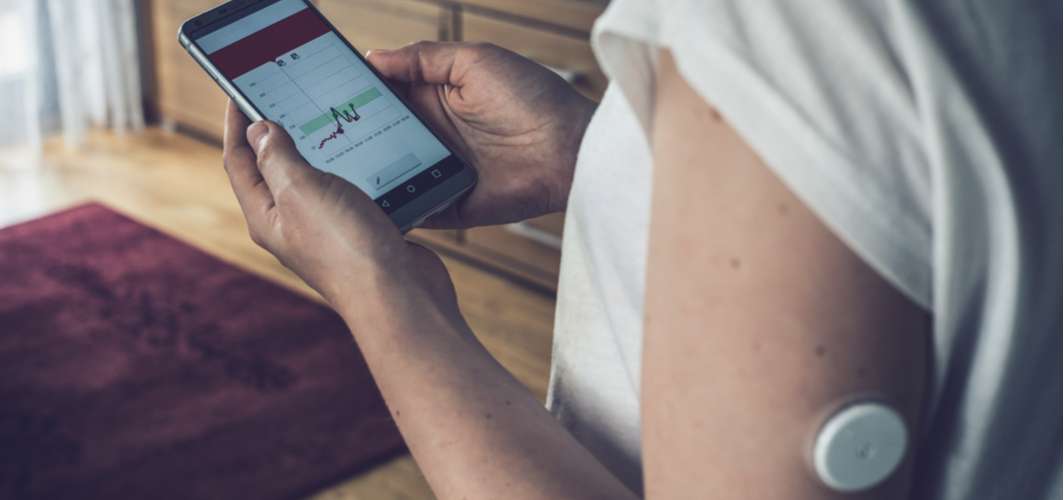Diabetes Management
Orange and Diabetes: A Nutritional Perspective and Consumption Guide
2 min read
By Apollo 24|7, Published on - 16 July 2024
Share this article
0
0 like
.jpg?tr=q-80)
When it comes to managing diabetes, the question of what to eat and what not to eat frequently pops up. While managing your blood glucose levels, are oranges a fruit you should embrace or avoid? Let's delve into the relationship between oranges and diabetes, the nutritional content of this citrus fruit, and how you should be consuming it.
Debunking the Orange and Diabetes Dilemma
Oranges are indeed a good choice for individuals with diabetes. The low glycaemic index of 35 in oranges signifies that they do not cause abrupt spikes in blood sugar levels. Furthermore, oranges are rich in fibre which aids in slowing down the absorption of carbohydrates, which may stabilise blood sugar levels. They are also rich in antioxidants and other beneficial plant compounds. Several studies have indicated that regularly consuming oranges can enhance insulin sensitivity whilst potentially reducing the risk of complications related to diabetes.
Optimal Consumption of Orange for Diabetics
If you're a diabetic individual wishing to include oranges in your diet, aim for a serving size of one medium orange or half a cup of orange segments. Whole oranges are more beneficial compared to orange juice as they contain fibre that the juice lacks. Pairing oranges with protein or healthy fats can slow down carb absorption. However, steer clear of sweetened orange products as they contain added sugars or artificial sweeteners that can impact your blood glucose levels negatively.
Nutritional Breakdown of Orange
A single orange has a caloric value of 47 and comprises 11.7 g carbohydrates, 3.1 g fibre, 1.2 g protein, and 0.2 g fat. Additionally, it provides 78% of the daily value (DV) for Vitamin C, 7% DV for potassium and 10% DV for folate.
Oranges are loaded with vitamin C and other essential nutrients. They also have a low glycaemic index, making them a diabetes-friendly fruit if consumed moderately as a part of an overall healthy diet. However, always remember that individual responses to different types of food can vary. To effectively manage your diabetes, consider enrolling in the Apollo Super 6 program developed by experienced Apollo doctors. The program focuses on lifestyle changes, and diet improvement, and provides personalized support for individuals dealing with type 2 diabetes.
Diabetes Management
Consult Top Diabetologists
View AllLeave Comment
Recommended for you

Diabetes Management
Somogyi Effect: What Does That Early Morning Blood Sugar Spike Mean?
The Somogyi effect refers to a phenomenon where blood sugar levels drop too low during the night, triggering a compensatory release of hormones that raise blood sugar levels. This can lead to a serious blood sugar spike in the early morning. Some of the symptoms are night sweats, nightmares, evening weakness, and unexplained high morning blood sugar levels.
.jpg?tr=q-80)
Diabetes Management
What Are The Superfoods For Diabetics?
Managing diabetes doesn't mean giving up on tasty food. In fact, foods like avocado, beans, dark green leafy vegetables, and fish high in omega-3 fatty acids can add flavour to your plate while keeping blood sugar levels in check. Wondering how nuts, berries, citrus fruit, whole grains, milk and yoghurt fit into the picture? Read more to understand these superfoods that can make a difference in your diabetes management journey.
.jpg?tr=q-80)
Diabetes Management
Do Socioeconomic Factors Influence Diabetes and its Management?
Diabetes prevalence in India is influenced by various socioeconomic factors such as income and urban-rural differences. These factors also affect effective disease management. Overcoming these challenges demands comprehensive public health strategies and personal commitment towards better health. Consider joining programs like Apollo Super 6 for a holistic approach towards managing diabetes effectively.
Subscribe
Sign up for our free Health Library Daily Newsletter
Get doctor-approved health tips, news, and more.
Visual Stories

8 Fruits That are Incredibly Healthy for Diabetes
Tap to continue exploring
Recommended for you

Diabetes Management
Somogyi Effect: What Does That Early Morning Blood Sugar Spike Mean?
The Somogyi effect refers to a phenomenon where blood sugar levels drop too low during the night, triggering a compensatory release of hormones that raise blood sugar levels. This can lead to a serious blood sugar spike in the early morning. Some of the symptoms are night sweats, nightmares, evening weakness, and unexplained high morning blood sugar levels.
.jpg?tr=q-80)
Diabetes Management
What Are The Superfoods For Diabetics?
Managing diabetes doesn't mean giving up on tasty food. In fact, foods like avocado, beans, dark green leafy vegetables, and fish high in omega-3 fatty acids can add flavour to your plate while keeping blood sugar levels in check. Wondering how nuts, berries, citrus fruit, whole grains, milk and yoghurt fit into the picture? Read more to understand these superfoods that can make a difference in your diabetes management journey.
.jpg?tr=q-80)
Diabetes Management
Do Socioeconomic Factors Influence Diabetes and its Management?
Diabetes prevalence in India is influenced by various socioeconomic factors such as income and urban-rural differences. These factors also affect effective disease management. Overcoming these challenges demands comprehensive public health strategies and personal commitment towards better health. Consider joining programs like Apollo Super 6 for a holistic approach towards managing diabetes effectively.


